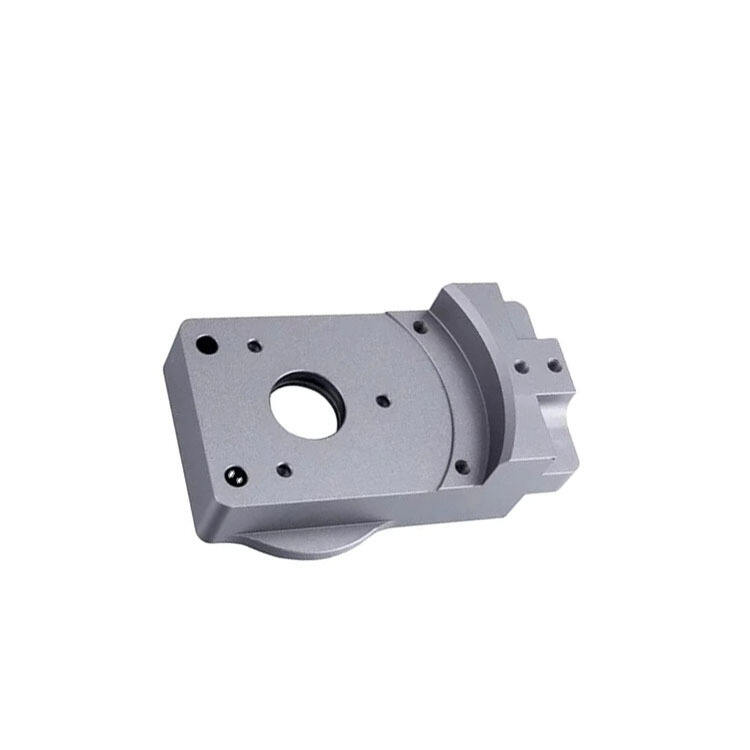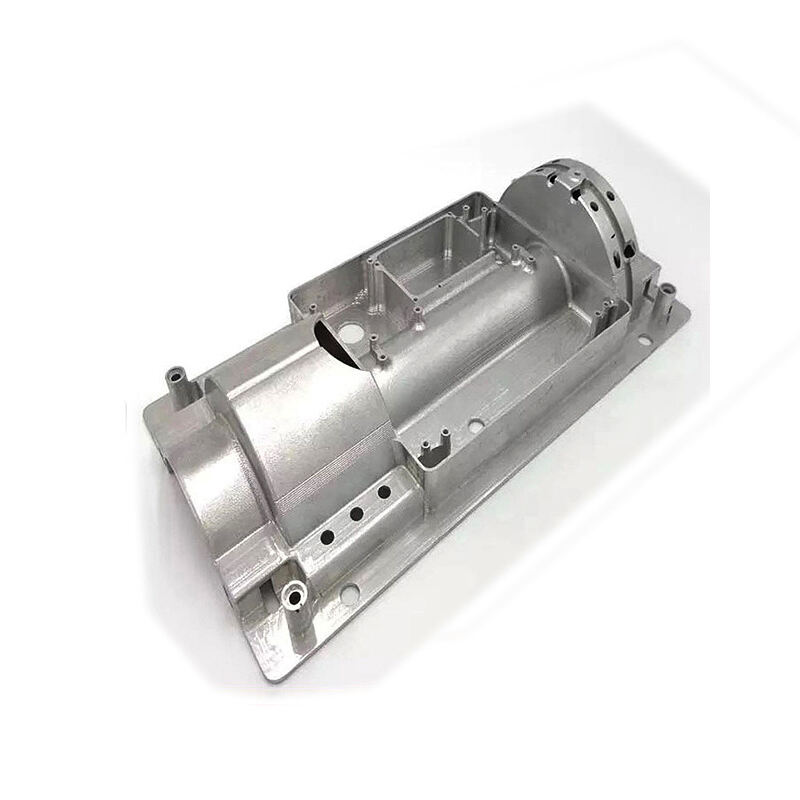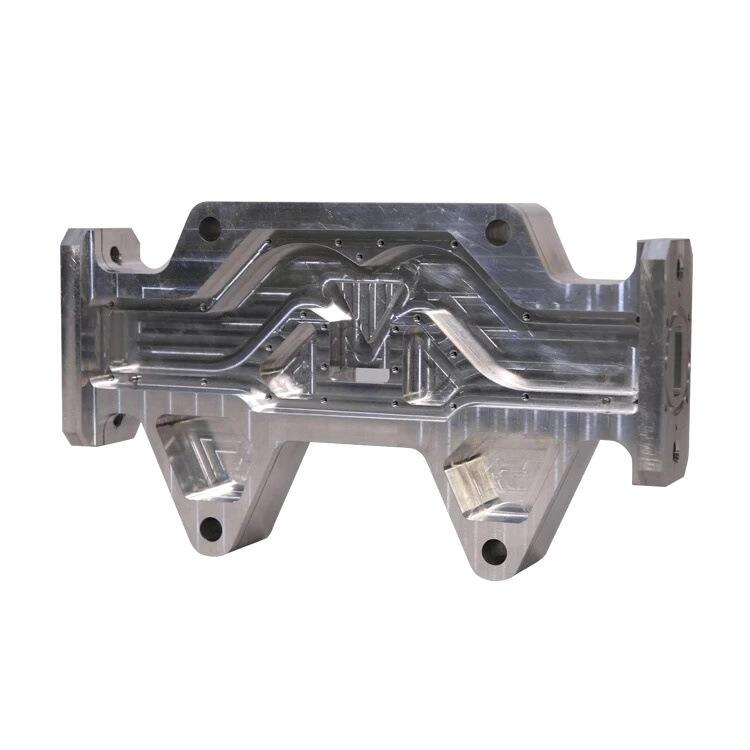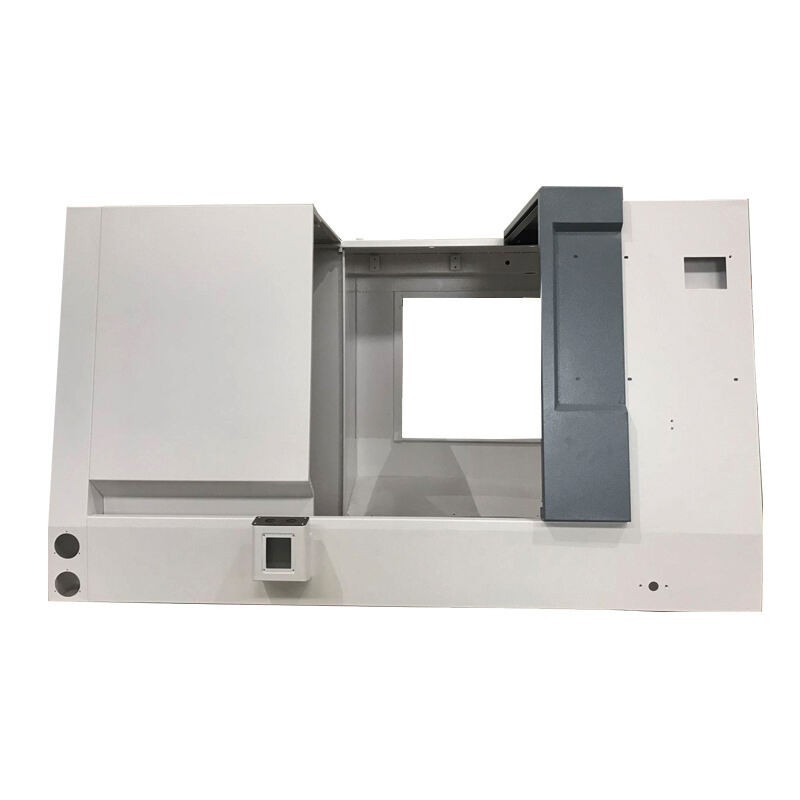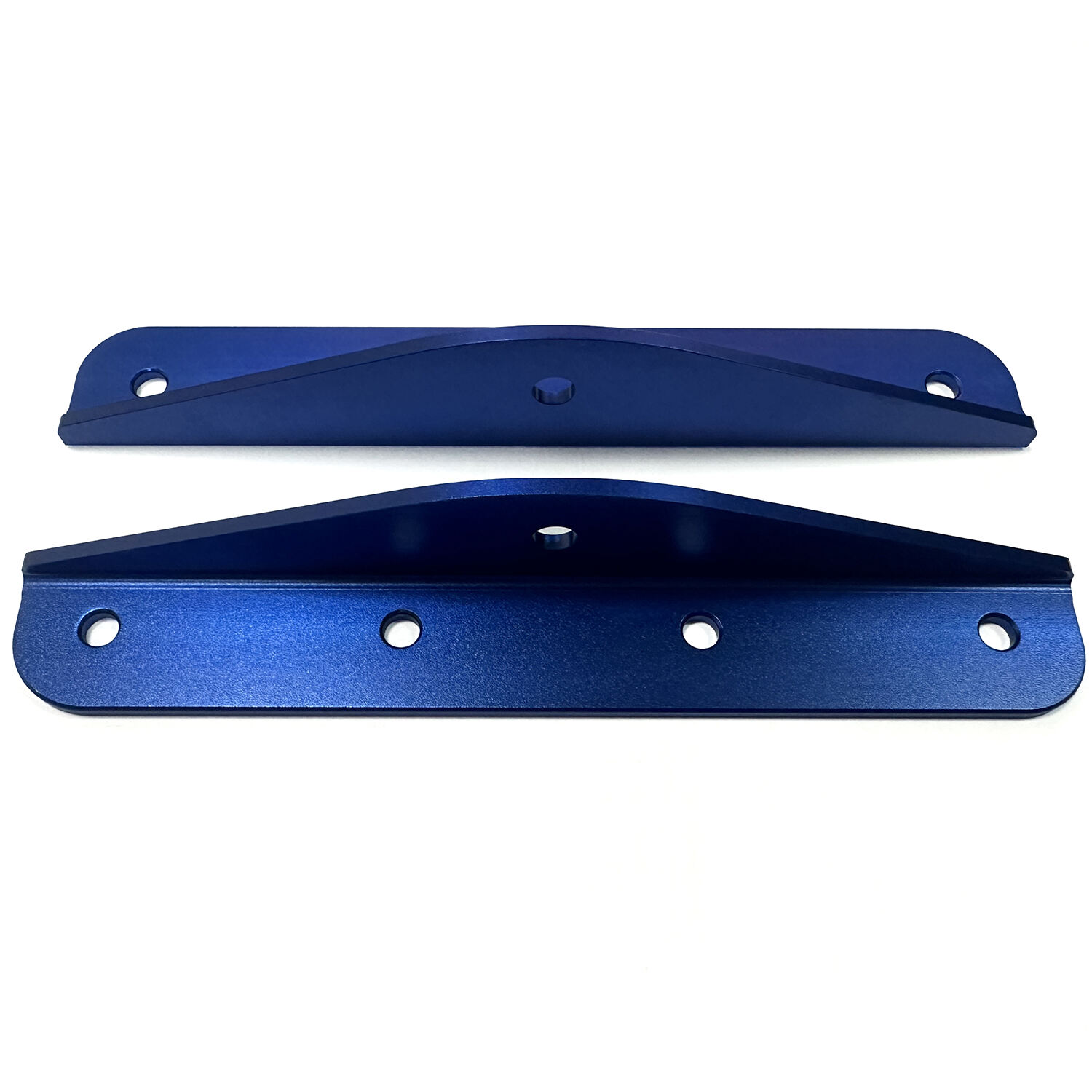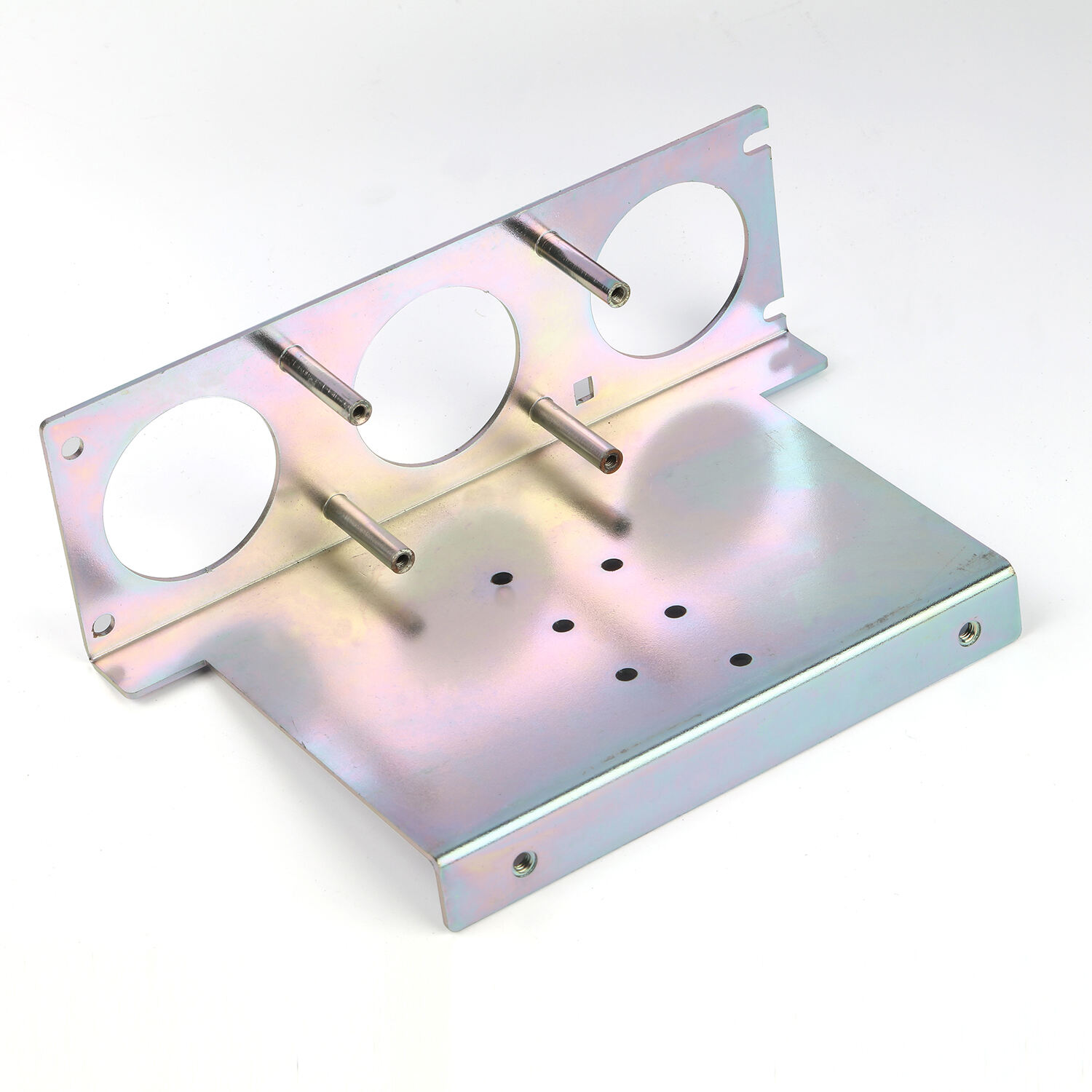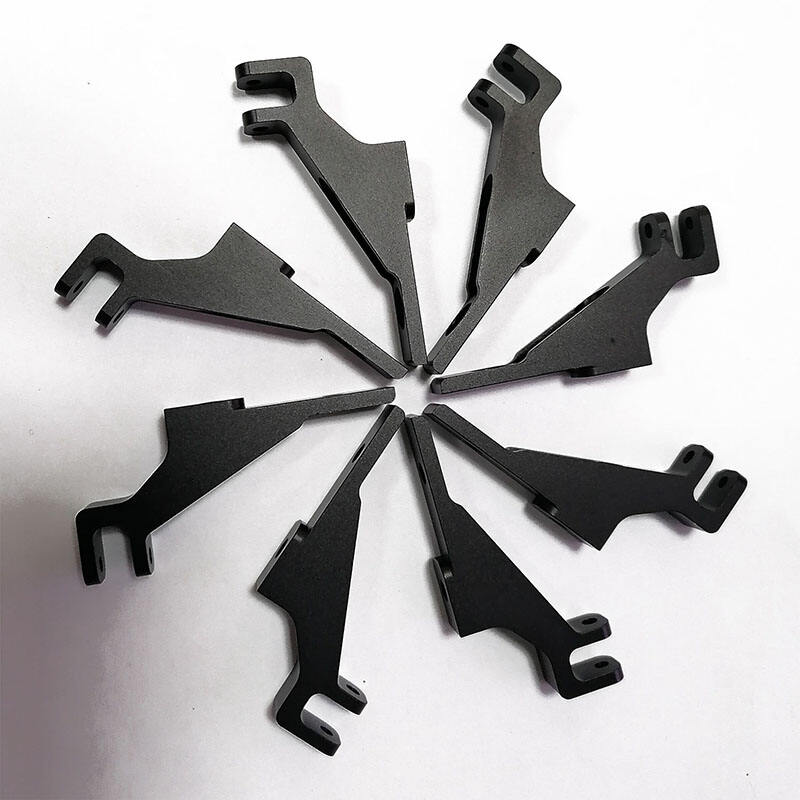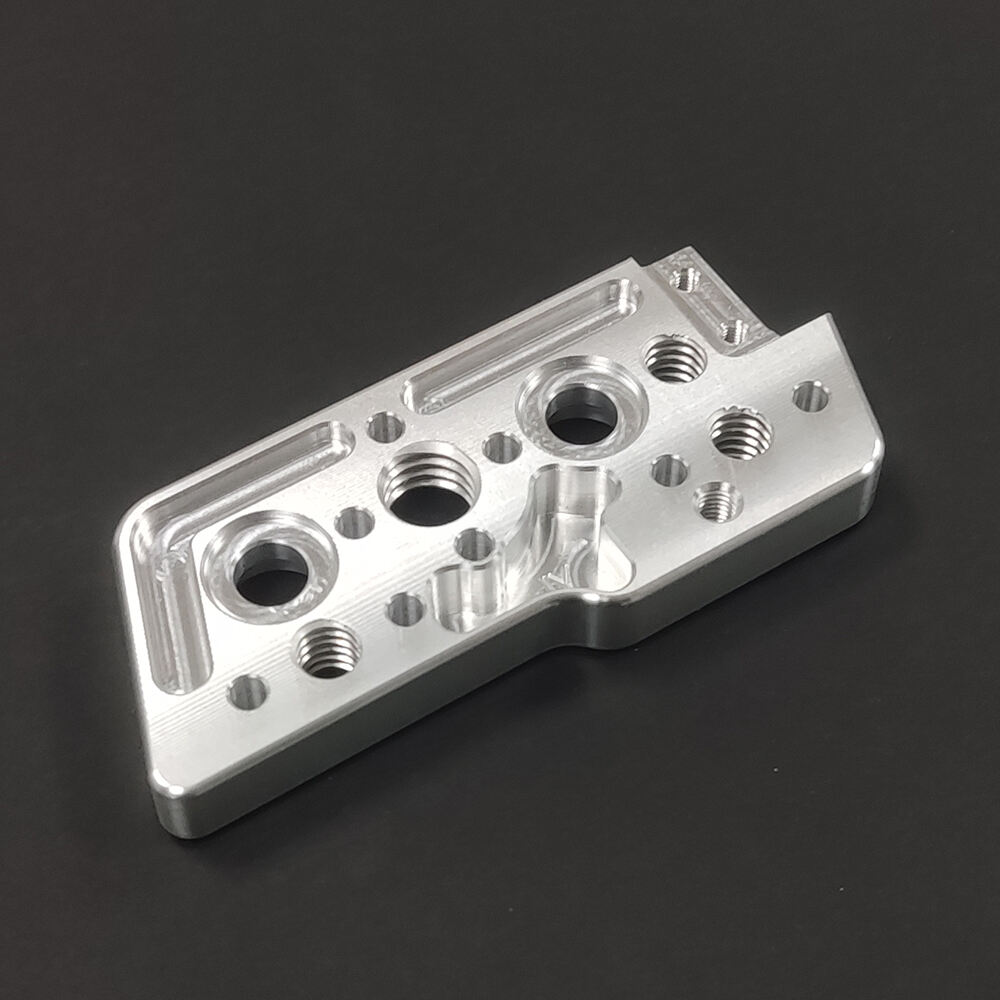Sheet metal machining: CNC technology helps efficient production
Enhancing Sheet Metal Production Efficiency with CNC Technology
Automating Precision in Sheet Metal Fabrication
Sheet metal fabrication got a major boost from CNC technology which automates most of the manufacturing steps while cutting down on human mistakes and boosting overall precision. Manufacturers across various sectors now rely heavily on these machines because they want their products both efficient and accurate. Industry data suggests that automation can actually cut production time by around 30% in some cases. The way this works is pretty straightforward really - fewer people handling parts means less room for errors during assembly. CNC machines basically guarantee the same level of detail every single time they run, sometimes getting as precise as a few micrometers apart. For companies making high quality components, this kind of exactness matters a lot since small measurement differences might cause big problems later when those parts go into actual products.
Multi-Axis CNC Machining for Complex Designs
The multi axis CNC machining process gives manufacturers something traditional methods just cant match when it comes to making intricate sheet metal parts. What makes this tech so powerful is how it handles complex shapes and geometries that would have been either impossible to make or way too expensive before. Take the aerospace sector for instance. Companies there are now able to fabricate all sorts of complicated components much faster than they could with older techniques, which cuts down on both production time and money spent. According to recent reports from manufacturing analysts, shops that switch to multi axis systems often see their productivity jump around 20 percent in fields such as aerospace manufacturing and car part production. The automotive and aerospace worlds really get a leg up from being able to churn out these detailed designs quickly while still getting them right first time, something that matters a lot when millions are riding on each project.
Optimized CNC Techniques for Streamlined Sheet Metal Workflows
Advanced Tool Path Strategies for Faster Output
Optimizing tool paths remains one of the most important techniques for improving CNC machining operations. When done right, it cuts down on unnecessary cutting time while giving parts better surface finish characteristics. Machinists spend a lot of time tweaking these paths because even small improvements make a big difference in shop productivity. Some shops report cutting their cycle times anywhere from 20% to almost 35% after implementing proper optimization strategies. These kinds of gains don't just come from software alone though; experienced operators know where to adjust parameters based on material type and machine capabilities.
Advanced software tools play a pivotal role in creating these optimized tool paths. Such software dramatically reduces programming time, which in turn improves operator productivity and helps maintain a competitive edge in dynamic industries like metal fabrication, which encompass precision processes such as sheet metal work and CNC machining.
Material Waste Reduction via CNC Precision
When it comes to precision, CNC machining stands out from the crowd. Traditional fabrication methods just can't match what these machines do when cutting materials. Because they're so accurate, less stuff gets wasted during production. Materials get used much more efficiently than older techniques allowed. Some studies show that CNC shops actually cut down on waste by around 20 to 35 percent. That means money saved for manufacturers and less impact on the environment at the same time. Pretty impressive when you think about it.
Cutting down on waste saves money on raw materials and shows real dedication to green practices, something that matters a lot these days in fields such as CNC machining and sheet metal work. When businesses manage to reduce waste, they often find extra cash sitting around that gets reinvested into better equipment or new software solutions. This helps shops run smoother operations without costing the earth environmentally speaking. Many manufacturers have started looking at their scrap rates not just as numbers on a spreadsheet but as opportunities for both financial gain and planet friendly improvements.
Applications of CNC Machining in Key Industries
Aerospace-Grade Sheet Metal Components
Aerospace manufacturing requires absolutely top notch precision and materials that can last under intense conditions because safety is non-negotiable in this field. CNC machining plays a big part in hitting those marks since it creates sheet metal parts that just work right for aircraft construction. Take look at how CNC machines cut out structural frames and mounting brackets that need to hold up against temperatures from -60°C to over 300°C during flight operations. Industry data shows that when parts are machined with CNC tech, they hit those tight tolerance ranges required for airframe integrity and engine performance specs. Most engineers I've talked to think CNC's going to take on an even bigger role as manufacturers push toward lighter weight materials and complex geometries. Sure, there are still challenges with tool wear and material compatibility, but overall CNC remains central to making next generation aerospace components both reliable and cost effective.
Automotive Part Manufacturing with CNC Routers
In the automotive world, CNC routers have become essential tools for making all sorts of complicated parts. These machines handle everything from detailed suspension pieces to tough engine components that need to withstand extreme conditions. Recent improvements in CNC tech mean prototypes can be made much quicker than before, cutting down on wait times across the industry. Faster prototyping lets car makers experiment more often and actually see results sooner, which helps them boost vehicle performance while adding new safety features. Take General Motors for instance they've been investing heavily in these advanced machining systems lately. Their engineers report being able to test new ideas weeks ahead of schedule thanks to better CNC integration. As automakers push harder for greener manufacturing practices, the precise nature of CNC machining not only meets quality standards but also reduces material waste during production runs.
Precision CNC Machining Solutions for Sheet Metal
High-Precision Small CNC Services for Aluminum & Stainless Steel
The world of manufacturing is changing fast thanks to small CNC machining shops, particularly those working with metals such as aluminum and stainless steel. What sets these operations apart is how accurately they can cut parts down to fractions of a millimeter something critical in industries where even tiny measurement errors matter a lot. When companies need to produce just a few units at a time or want something truly customized, these smaller CNC providers often come through best. Take medical device manufacturers who need complex components made in limited quantities or aerospace firms looking for specialized parts not available off the shelf. The people running these businesses tend to talk about getting results quickly without sacrificing quality. Many have heard stories from satisfied customers who were impressed both by how fast turnaround times were and just how precisely everything fit together right out of the box.
CNC Metal Parts for Automotive and Medical Sectors
CNC machining plays a vital role in both automotive and medical manufacturing where components must meet strict quality, safety, and regulatory requirements. These industries demand such high standards that many parts simply cannot be made without using advanced CNC techniques. When it comes to cars, CNC machined parts are essential for everything from engine blocks to suspension components that need to perform under extreme conditions. Medical device manufacturers rely on this technology too because surgical instruments and implantable devices require absolute precision down to the micron level. Doctors and engineers alike trust CNC machines to deliver those critical measurements time after time, which is why we see so many life-saving technologies coming out of modern machine shops across the country.
Multi-Material CNC Milling Machinery for Industrial Use
Industrial shops rely heavily on multi material CNC milling machines because they just plain work better across different jobs. These setups handle everything from soft metals like copper and bronze all the way through harder stuff and even some composite materials too. The big advantage here is that changing between materials takes much less time compared to traditional methods, which means factories can switch production runs faster without losing ground. Market trends show growing interest in these systems lately, especially among manufacturers looking to cut costs while still maintaining quality standards across their product lines.
These precision CNC machining solutions for sheet metal and beyond demonstrate the advanced capabilities and essential role these technologies play in supporting modern industry standards and innovations.
Recommended Products
Hot News
-
What is MIM processing method?
2025-11-25
-
Does copper for conductive purposes need surface treatment?
2025-11-21
-
Advantages of CNC machining
2024-01-16
-
What is CNC machining technology?
2024-01-16
-
The development trend of CNC machining
2024-01-16
-
Surface treatment technology in CNC machining: improving product added value
2025-03-20
-
What is the difference between SS316 and SS316L?
2025-11-10
-
Good news -100pcs large mechanical equipment casings have been produced
2025-11-11
-
Surface treatment of stainless steel - powder coating or spray painting
2025-11-13
-
What Role does Sheet Metal Shell Processing Play in Electronic Products?
2025-12-04

 EN
EN
 AR
AR
 CS
CS
 DA
DA
 NL
NL
 FI
FI
 FR
FR
 DE
DE
 EL
EL
 IT
IT
 JA
JA
 KO
KO
 NO
NO
 PL
PL
 PT
PT
 RU
RU
 ES
ES
 SV
SV
 TL
TL
 ID
ID
 VI
VI
 TH
TH
 MS
MS
